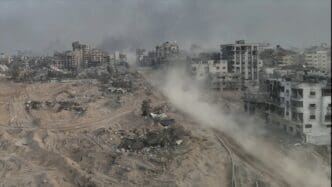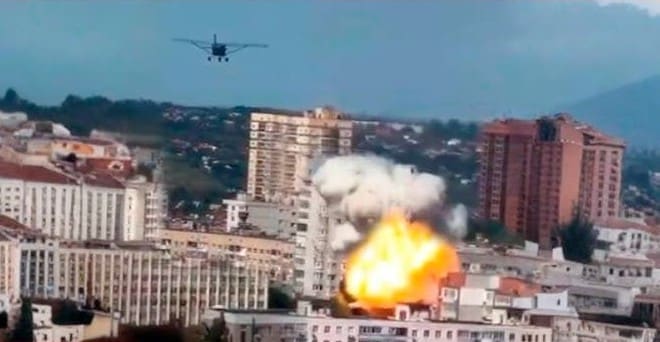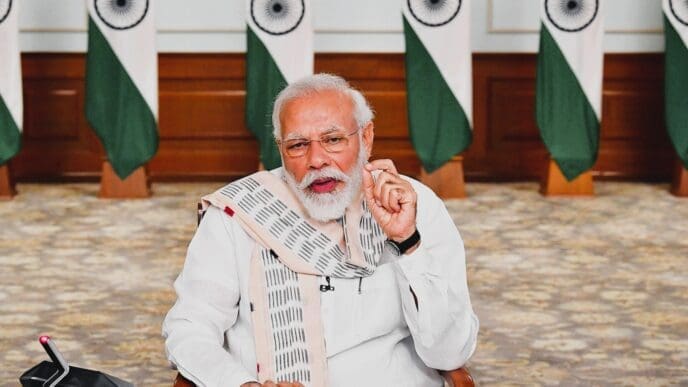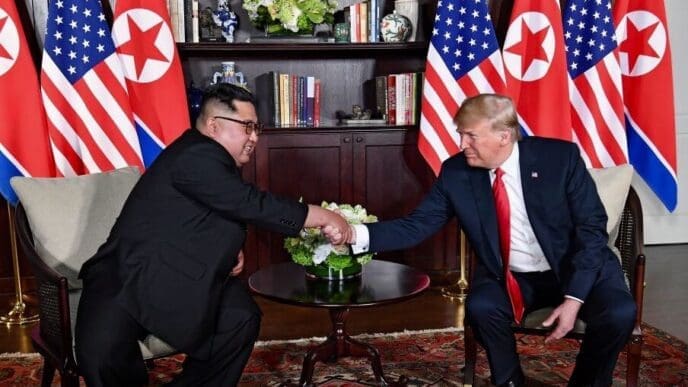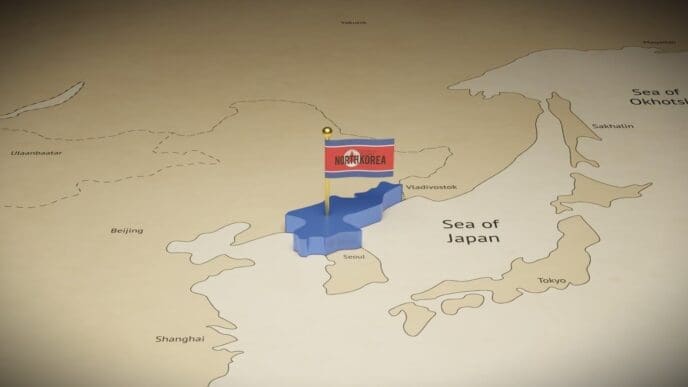The ongoing conflict between Israel and Gaza has intensified, with Israel continuing its military operations in the area following the collapse of a ceasefire agreement three weeks ago. The recent escalation has resulted in a significant number of casualties and widespread displacement, further exacerbating the humanitarian crisis in the region.
Recent reports indicate that at least 32 Palestinians, predominantly women and children, were killed on Sunday due to Israeli strikes. Since the conflict resumed, over 50,500 Palestinians have lost their lives, according to health authorities in Gaza, although these figures do not differentiate between civilians and combatants. A United Nations report highlights that more than 1,000 people have died since the ceasefire ended on March 18, with over 100,000 displaced, primarily from Rafah, as evacuation orders continue to expand.
In response to a barrage of projectiles fired from Gaza, Israel has intensified its military actions. The Israeli military intercepted five of these projectiles, while others caused damage in various areas, including Ashkelon city, resulting in one reported injury. The hostilities have led to further casualties, including a strike in Khan Younis that killed 15 individuals, and an attack in the Jabaliya refugee camp that resulted in four deaths, including a child.
Amidst the escalating violence, Israeli Prime Minister Benjamin Netanyahu is scheduled to meet with U.S. President Donald Trump at the White House. The discussions are expected to focus on the ongoing conflict, recent developments, and potential next steps. Additionally, the meeting will address the new 17% tariff imposed on Israel as part of the U.S. global tariff policy.
The conflict reignited after an attack by Hamas fighters on southern Israel on October 7, 2023, which resulted in the deaths of 1,200 people, mainly civilians. Following this, 251 hostages were taken, with most subsequently released through negotiations. However, 59 hostages remain, with 24 believed to be alive. Israel has pledged to intensify its military efforts to compel Hamas into submission and secure the release of the remaining hostages.
Israel has also cut off all supplies of food, fuel, and humanitarian aid to Gaza, aiming to increase pressure on Hamas. The Israeli government demands the disarmament and withdrawal of Hamas from Gaza, while Hamas insists on the release of Palestinian prisoners, a lasting ceasefire, and a full Israeli withdrawal as conditions for releasing the hostages. The group, however, refuses to disarm or leave the enclave.
The Bottom Line
- The ongoing conflict in Gaza continues to create a severe humanitarian crisis, with significant loss of life and displacement affecting thousands of families.
- The escalation of military operations may lead to further instability in the region, impacting regional security and diplomatic relations.
- Economic implications are evident as tariffs and trade policies become focal points in discussions between Israel and the United States.
- The humanitarian blockade imposed by Israel is likely to exacerbate shortages of essential supplies, affecting the daily lives of Gaza’s residents.
- The international community remains engaged in mediation efforts, highlighting the complex nature of achieving a sustainable resolution to the conflict.
